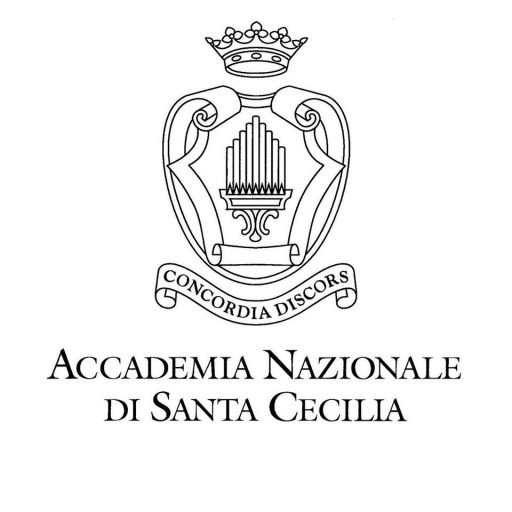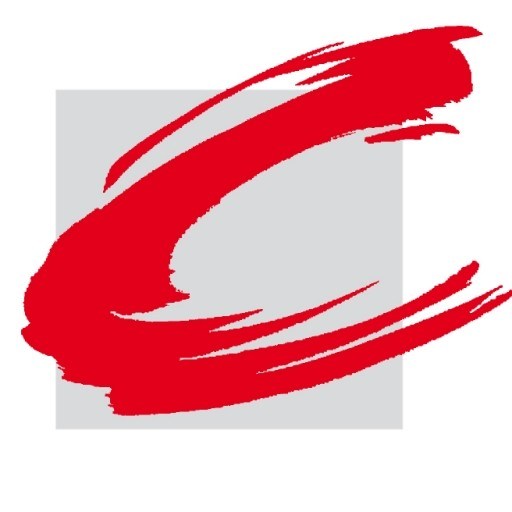Photos of university / #ouranu
The Bachelor of Precision Instrumentation and Measurement at the Australian National University is a comprehensive undergraduate program designed to equip students with advanced knowledge and practical skills in the fields of measurement science, instrumentation engineering, and data analysis. This multidisciplinary degree emphasizes the development of expertise in designing, calibrating, and maintaining high-precision instruments used across various industries such as manufacturing, aerospace, biomedical engineering, and environmental monitoring. Throughout the course, students will explore core concepts including signal processing, control systems, sensor technology, and data acquisition techniques, preparing them to address complex measurement challenges in scientific and industrial contexts.
The curriculum combines rigorous theoretical instruction with hands-on laboratory work, enabling students to gain real-world experience in developing and deploying sophisticated measurement systems. Topics covered include the principles of measurement and calibration, automation of measurement processes, and the integration of measurement devices with computer systems. Additionally, students will learn about the latest advancements in measurement technology, fostering innovation and adaptability in rapidly evolving technological environments.
The program also emphasizes the importance of research and development skills, encouraging students to undertake projects that apply their knowledge to solve practical problems. Students have access to state-of-the-art facilities and laboratories, supported by industry partnerships and academic expertise, to enhance their learning experience. Throughout their studies, students will develop critical thinking, problem-solving, and technical communication skills, which are essential for careers in research institutions, government agencies, manufacturing firms, and technology companies.
Graduates of the Bachelor of Precision Instrumentation and Measurement will be well-prepared for employment in roles that require precise measurement and instrumentation expertise, or for further postgraduate study in related fields. The program aims to produce graduates who are not only technically proficient but also capable of innovating and leading projects that require high accuracy and reliability in measurement systems. This degree reflects the university’s commitment to fostering skilled professionals who can contribute to technological advancement and scientific discovery in the measurement sciences.
The Precision Instrumentation and Measurement program at the Australian National University offers students a comprehensive education in the principles, techniques, and applications of high-precision measurement systems. This program is designed to equip students with the theoretical knowledge and practical skills necessary to develop, operate, and analyze advanced instrumentation used across various scientific and engineering fields. Students will explore a broad range of topics, including sensor technology, signal processing, data acquisition, calibration methods, and measurement uncertainty analysis. The curriculum emphasizes hands-on laboratory work, enabling students to gain real-world experience in designing and maintaining measurement systems used in industrial, environmental, medical, and research settings. Graduates of this program will be proficient in the use of sophisticated measurement devices and software, and will have the ability to interpret complex data sets accurately. The program also covers emerging technologies such as nanotechnology, quantum measurement methods, and automation in instrumentation. Through coursework, projects, and potential internships, students will develop problem-solving skills tailored to the development and refinement of measurement instruments that fulfill the stringent precision requirements of modern scientific research and industry standards. The program aims to prepare graduates for careers in research laboratories, manufacturing industries, calibration services, and government agencies involved in quality assurance and standards development. Overall, the Precision Instrumentation and Measurement program combines theoretical foundations with applied engineering to produce specialists capable of advancing measurement science and its practical implementation in cutting-edge technology sectors.
A bachelor degree or international equivalent with GPA of 5.0/7.0 as well as at least eight courses in the subject of Physics or Engineering. Mathematics at least at the level of both MATH2305 (Ordinary Differential Equations and Vector Calculus)
The Bachelor of Engineering (Honours) in Precision Instrumentation and Measurement at the Australian National University offers students a comprehensive understanding of financial aspects related to their studies. The program provides transparent information on tuition fees, which are charged annually and vary depending on the student's residency status. For domestic students, the fees are subsidized by the Australian government under the Higher Education Loan Program (HELP), allowing students to defer fees and repay them through the tax system after graduation. International students pay full tuition fees, which are payable upfront or via early payment plans. The current annual tuition fee for international students is approximately AUD 40,000, but this amount may be subject to annual increases.
In addition to tuition fees, students should budget for approximate costs associated with textbooks, equipment, and supplies, which are estimated to be around AUD 2,000 per year. Living expenses are an important consideration; students enrolled at ANU typically budget between AUD 20,000 and AUD 25,000 annually for accommodation, food, transportation, and personal expenses, depending on their lifestyle choices and accommodation type. ANU offers a range of scholarships, grants, and financial aid options aimed at reducing the financial burden on students. These include merit-based scholarships, equity scholarships for students from disadvantaged backgrounds, and specific bursaries for engineering students.
Moreover, employment opportunities are available on and around campus, allowing students to gain work experience and supplement their income during their studies. Internships, part-time jobs, and co-curricular activities often align with students' academic pursuits, providing valuable industry exposure. The university maintains partnerships with industry and government organizations, which can facilitate internships and cooperative education placements that enhance employability upon graduation.
Students are encouraged to explore government assistance programs, bank loans, and external scholarships that could assist with meeting their financial obligations. Overall, the program’s financial structure is designed to make quality engineering education accessible and manageable through a combination of government support, scholarships, work opportunities, and flexible payment options. Prospective students should consult the ANU official website or contact the university’s admissions and financial aid office for the most current and personalized financial planning information related to the Precision Instrumentation and Measurement program.
Precision Instrumentation and Measurement at the Australian National University is a comprehensive program that combines theoretical knowledge with practical skills in the fields of measurement, instrumentation, and data analysis. This program is designed for students interested in working with advanced measurement systems, sensors, calibration techniques, and the development of highly accurate instrumentation used in various scientific, industrial, and technological applications. The curriculum covers core topics such as electrical and electronic principles, signal processing, control systems, and computer-based measurement techniques. Students also gain hands-on experience through laboratory work, projects, and industry placements that emphasize real-world problem solving and the application of measurement principles to solve complex engineering challenges. The program aims to produce graduates who are proficient in designing, maintaining, and innovating measurement systems, with a focus on precision and reliability. Graduates of this program are well-equipped to pursue careers in research and development, quality control, calibration services, manufacturing, and any industry that relies on accurate and reliable measurement. The program also offers opportunities for specialization in areas like optical instrumentation, mechanical metrology, or electrical measurements, depending on the student's interests. The faculty involved in delivering this program are experts in their field, actively engaged in research that advances the state of the art in instrumentation and measurement. The program is suitable for students with a background in physics, electrical engineering, or applied science and typically includes a mix of coursework, practical laboratory sessions, and a research project or thesis. The degree prepares students for further postgraduate study or direct entry into the workforce, with the skills needed to address technical issues related to precision measurement and instrumentation in diverse settings. Overall, the Precision Instrumentation and Measurement program provides a solid foundation in core principles, complemented by practical experience and research opportunities that enable graduates to contribute effectively to technological advancements and quality assurance in various industries.








